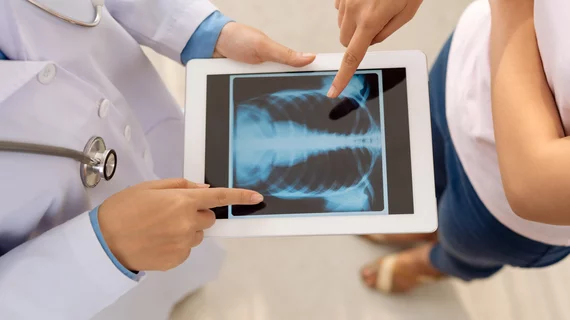American College of Radiology targeting fix for deadly incidental findings care gap
The American College of Radiology continues to seek help developing a quality measure to address incidental findings care gaps and has broadened its exploration’s scope to include patients.
ACR recently scored a $341,000 grant for its work and has already had “hundreds of radiologists” participate, the college said Thursday. But its researchers are asking docs to also distribute questionnaires to their customers and families to further fuel the investigation.
They’re additionally working in tandem with the American College of Emergency Physicians on ways to follow up on incidental imaging in emergent situations.
“This current gap in care coordination will continue to result in greater patient morbidity or mortality, increased care costs and exposure of referring physicians and radiologists to medical and legal risks, until coordinated processes are in place to close the results follow-up loop,” Greg Nicola, MD, chair of the ACR’s Commission on Economics, said in a June 18 announcement.
Currently, there is not a universal protocol for communicating and addressing such incidental findings noted Nicola, who is helping spearhead the work with ACEP. In one such recent incident, an Illinois man sought care for venous stenosis in his kidney, including a CT scan of his abdomen and pelvis. A University of Illinois Hospital radiologist incidentally detected a mass in Mark James’ lungs, but for undisclosed reasons, the finding was not addressed. James died two years later after his lung cancer metastasized, and his family earlier this month won a $7.5 million judgment from the provider.
ACR noted that these survey responses will eventually lead to the production of quality measures to strengthen adherence to evidence-based follow-up recommendations. They also eventually plan to issue detailed guidance on care coordination in the ED for such circumstances. Current compliance for follow-up after incidental imaging findings ranges from 29% to 77%, the ACR estimates.
You can find links to the physician and patient surveys here.

